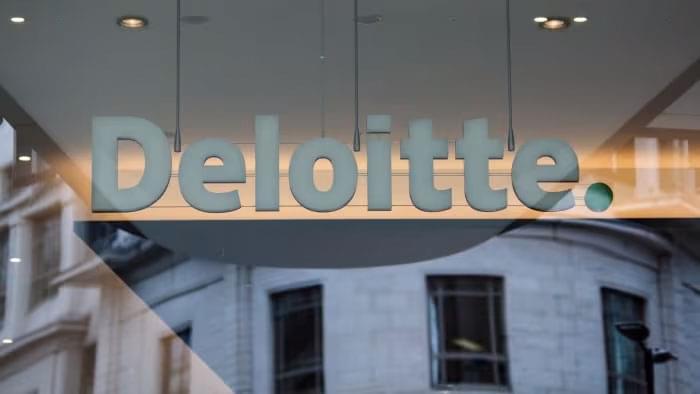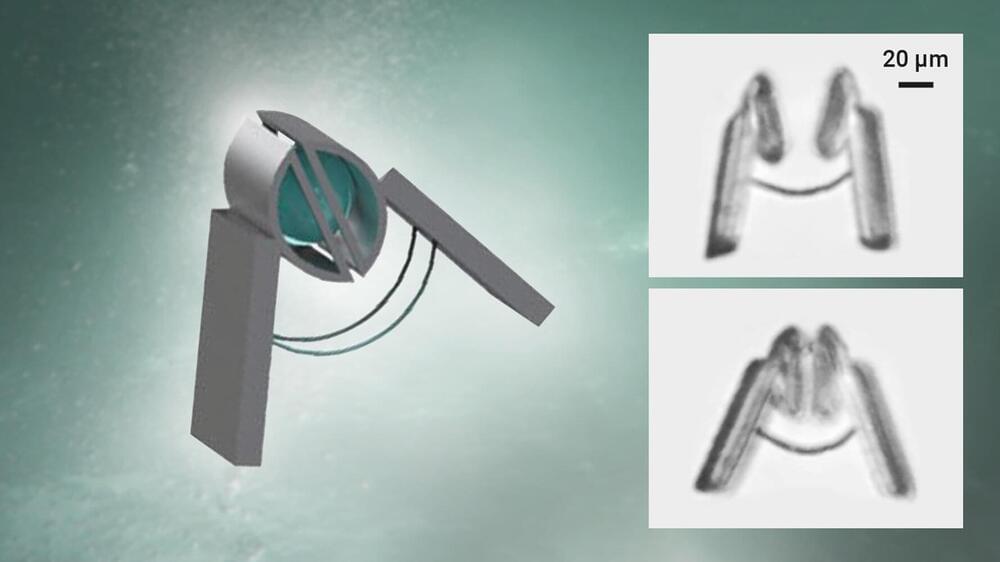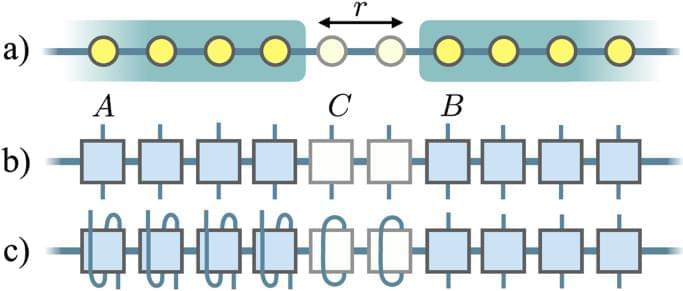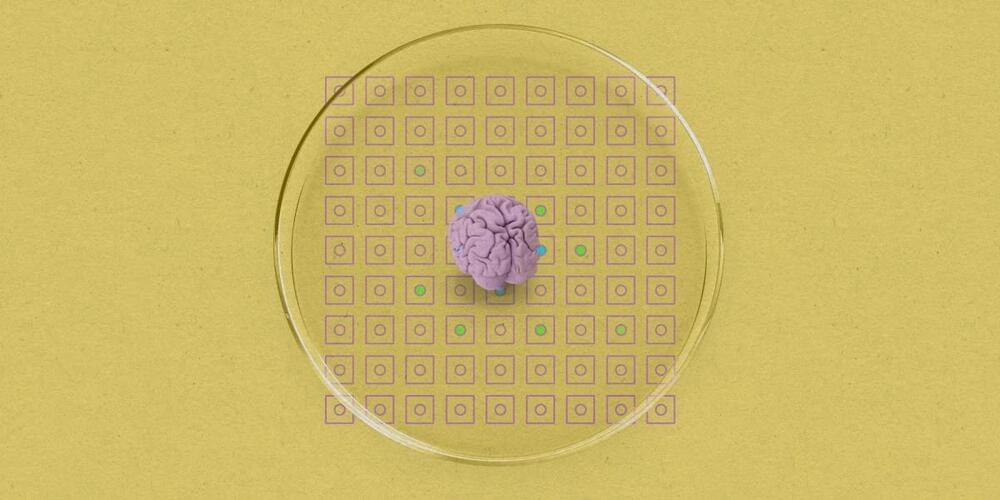One small step from Wi-Fi 6, one giant leap for eliminating wireless congestion.



German researchers are developing an algorithm to help decode ancient cuneiform tablets — including those containing the oldest known work of world literature.
Ancient poem: The Epic of Gilgamesh is a Babylonian poem first written in cuneiform characters on clay tablets around 4,000 years ago. It tells the story of Gilgamesh, the king of the city of Uruk, and his quest for immortality.
Over the centuries, the poem was copied onto countless other tablets in both the original Sumerian language as well as Akkadian.


A low carbon abundance in planetary atmospheres could be a signature of habitability. Scientists at MIT, the University of Birmingham, and elsewhere say that astronomers’ best chance of finding liquid water, and even life on other planets, is to look for the absence, rather than the presence, of a chemical feature in their atmospheres.
The researchers propose that if a terrestrial planet has substantially less CO2 in its atmosphere compared to other planets in the same system, it could be a sign of liquid water — and possibly life — on that planet’s surface.
What’s more, this new signature is within the sights of NASA’s James Webb Space Telescope (JWST). While scientists have proposed other signs of habitability, those features are challenging if not impossible to measure with current technologies. The team says this new signature, of relatively depleted carbon dioxide, is the only sign of habitability that is detectable now.

Our smart devices take voice commands from us, check our heartbeats, track our sleep, translate text, send us reminders, capture photos and movies, and let us talk to family and friends continents away.
Now imagine turbocharging those capabilities. Holding in-depth, natural language exchanges on academic or personal queries; running our vital signs through a global database to check on imminent health issues; packing massive databases to provide comprehensive real-time translation among two or more parties speaking different languages; and conversing with GPS software providing details on the best burgers, movies, hotels or people-watching spots trending along your route.
Tapping into the seductive power of large language models and natural language processing, we’ve witnessed tremendous progress in communications between us and technology that we increasingly rely on in our daily lives.

Darwin applied the theory of evolution to life on earth, but not to other massively complex systems like planets, stars, atoms and minerals. Now, an interdisciplinary group of researchers has identified a missing aspect of that theory that applies to essentially everything.
Their paper, “On the roles of function and selection in evolving systems,” published Oct. 16 in the Proceedings of the National Academy of Sciences, describes “a missing law of nature” that recognizes for the first time an important norm within the natural world’s workings. The new law states that complex natural systems evolve to states of greater patterning, diversity and complexity.
“This was a true collaboration between scientists and philosophers to address one of the most profound mysteries of the cosmos: why do complex systems, including life, evolve toward greater functional information over time?” said co-author Jonathan Lunine, the David C. Duncan Professor in the Physical Sciences and chair of astronomy in the College of Arts and Sciences.

The integration of mechanical memory in the form of springs has for hundreds of years proven to be a key enabling technology for mechanical devices (such as clocks), achieving advanced functionality through complex autonomous movements. Currently, the integration of springs in silicon-based microtechnology has opened the world of planar mass-producible mechatronic devices from which we all benefit, via air-bag sensors for example.
For a new generation of minimally and even non-invasive biomedical applications however, mobile devices that can safely interact mechanically with cells must be achieved at much smaller scales (10 microns) and with much softer forces (pico Newton scale, i.e., lifting weights less than one millionth of a mg) and in customized three-dimensional shapes.
Researchers at the Chemnitz University of Technology, the Shenzhen Institute of Advanced Technology of the Chinese Academy of Sciences and the Leibniz IFW Dresden, in a recent publication in Nature Nanotechnology, have demonstrated that controllable springs can be integrated at arbitrary chosen locations within soft three-dimensional structures using confocal photolithographic manufacturing (with nanoscale precision) of a novel magnetically active material in the form of a photoresist impregnated with customizable densities of magnetic nanoparticles.

In quantum physics, the enigmatic dance between interactions and disorder unfolds in the intricate phenomenon known as many-body localization.
Quantum many-body systems may not thermalize due to the phenomenon of many-body localisation. Its theoretical underpinning is given by observables, the l-bits, which could not as of now be probed by experiments. The authors define experimentally relevant quantities to retrieve spatially resolved entanglement information, allowing to probe the l-bits.

Scientists have grown a tiny brain-like organoid out of human stem cells, hooked it up to a computer, and demonstrated its potential as a kind of organic machine learning chip, showing it can quickly pick up speech recognition and math predictions.
Clusters of brain cells grown in the lab have shown potential as a new type of hybrid bio-computer.